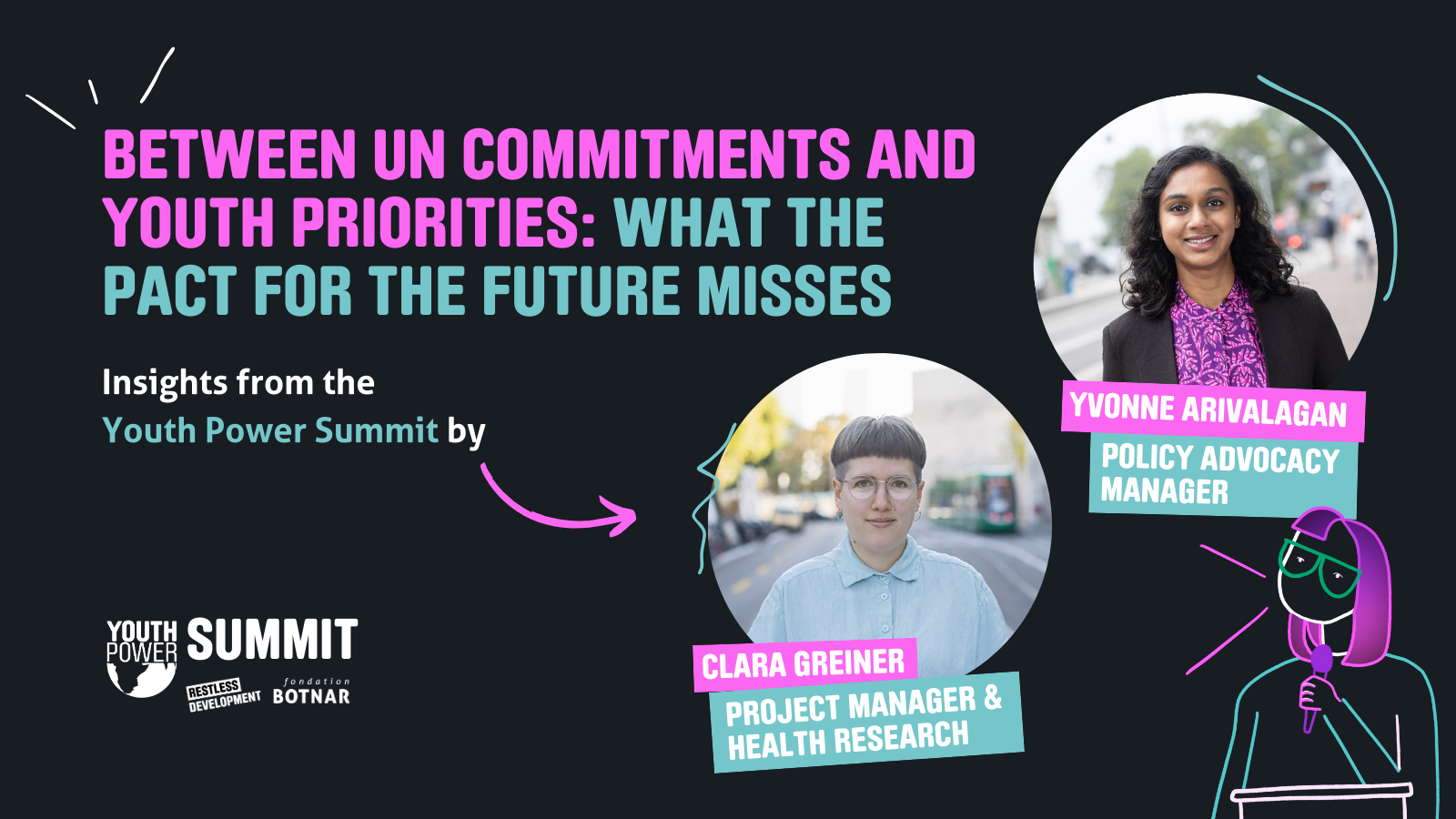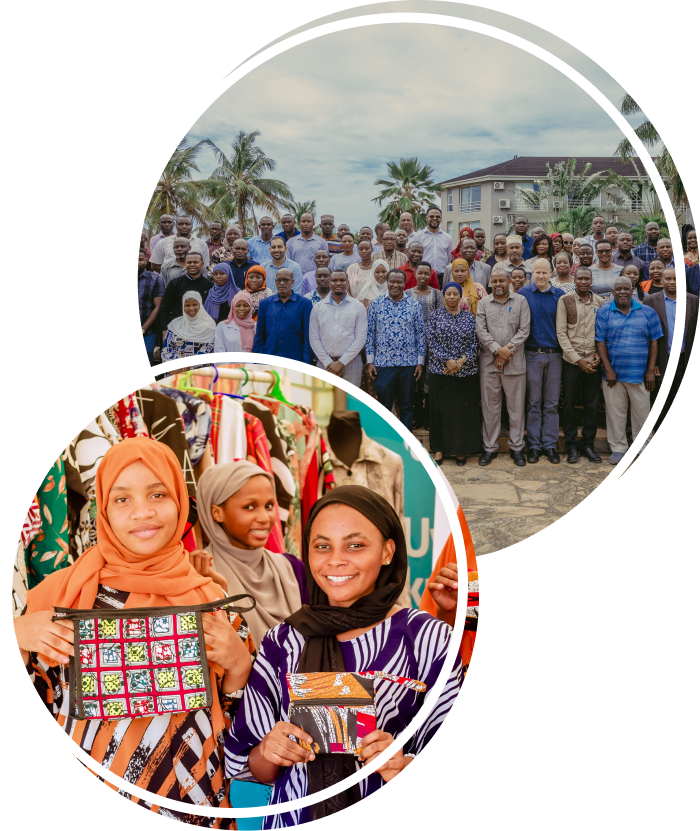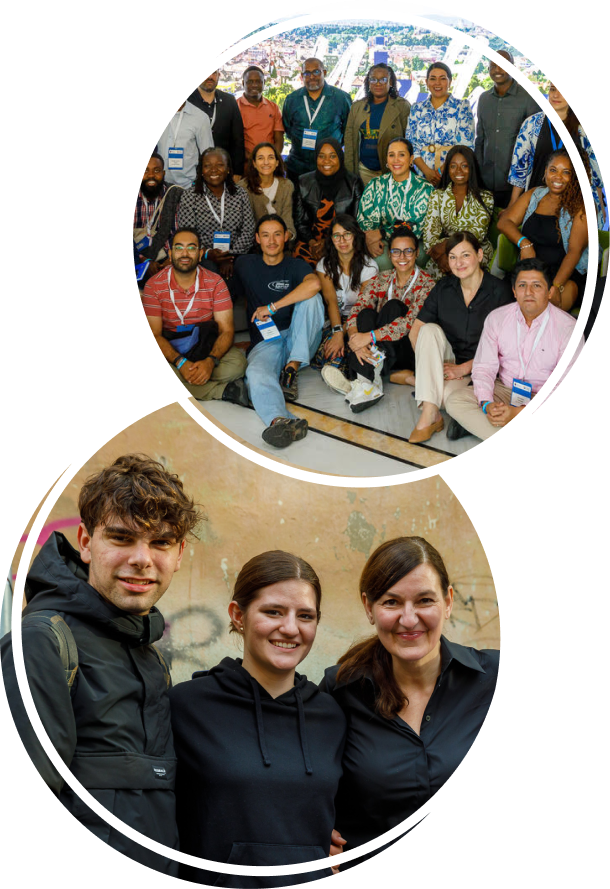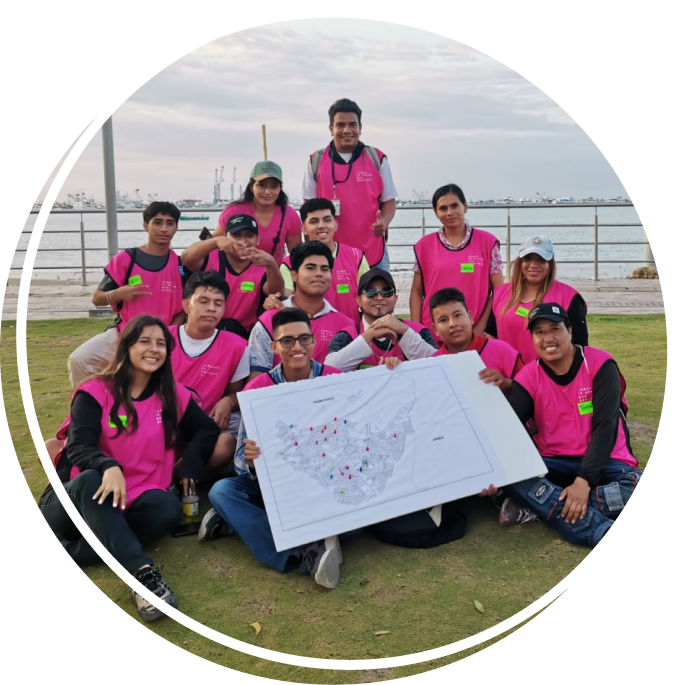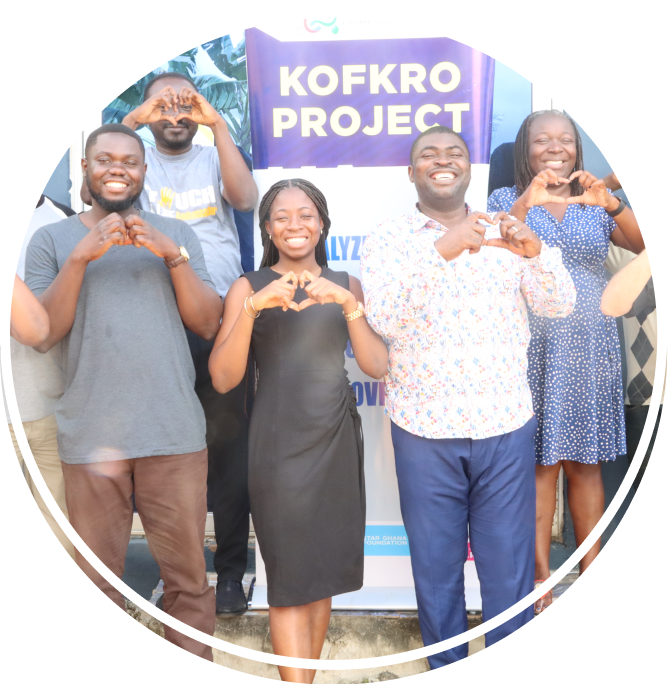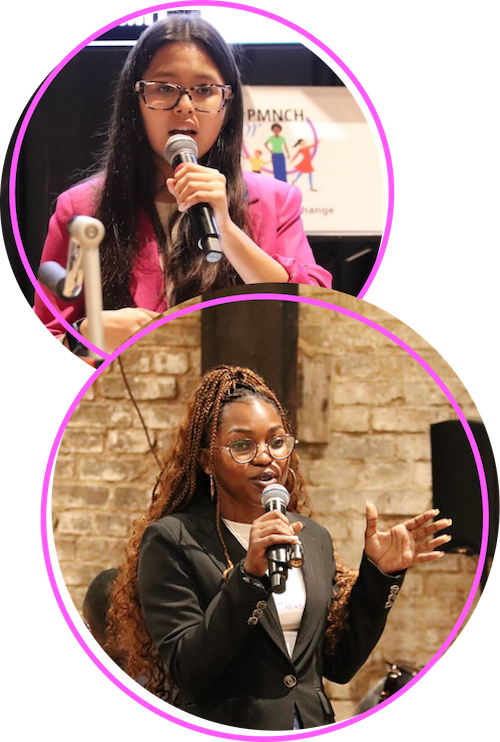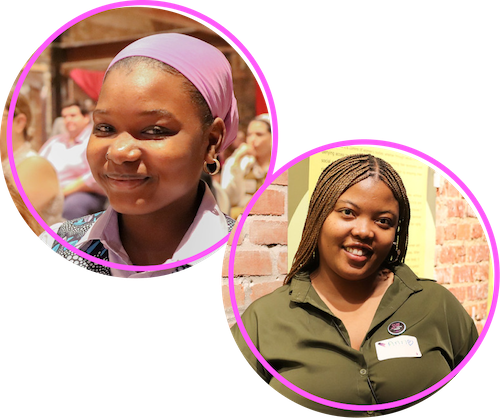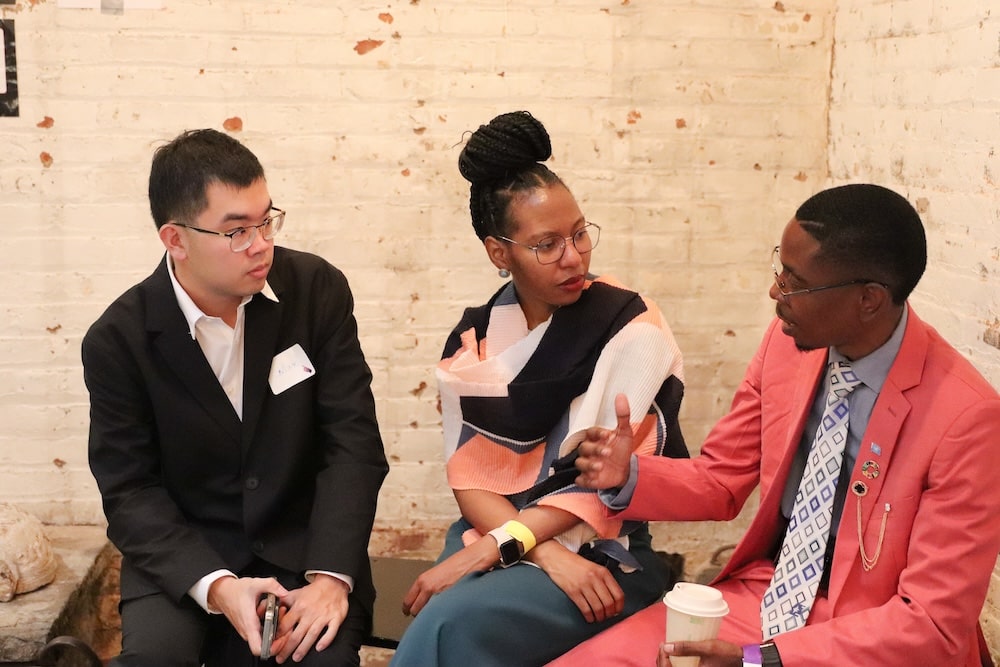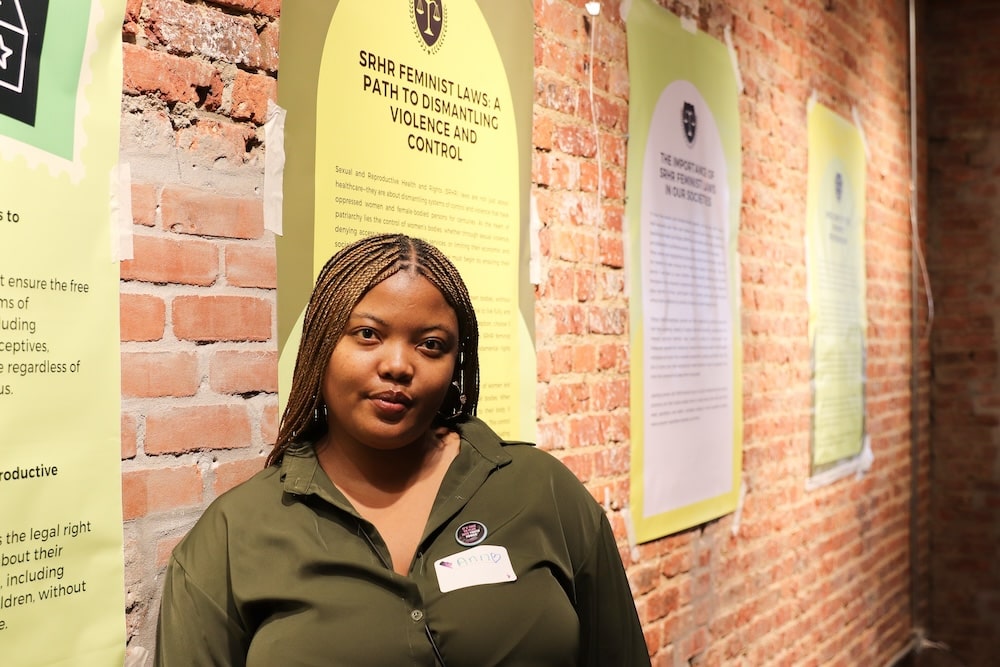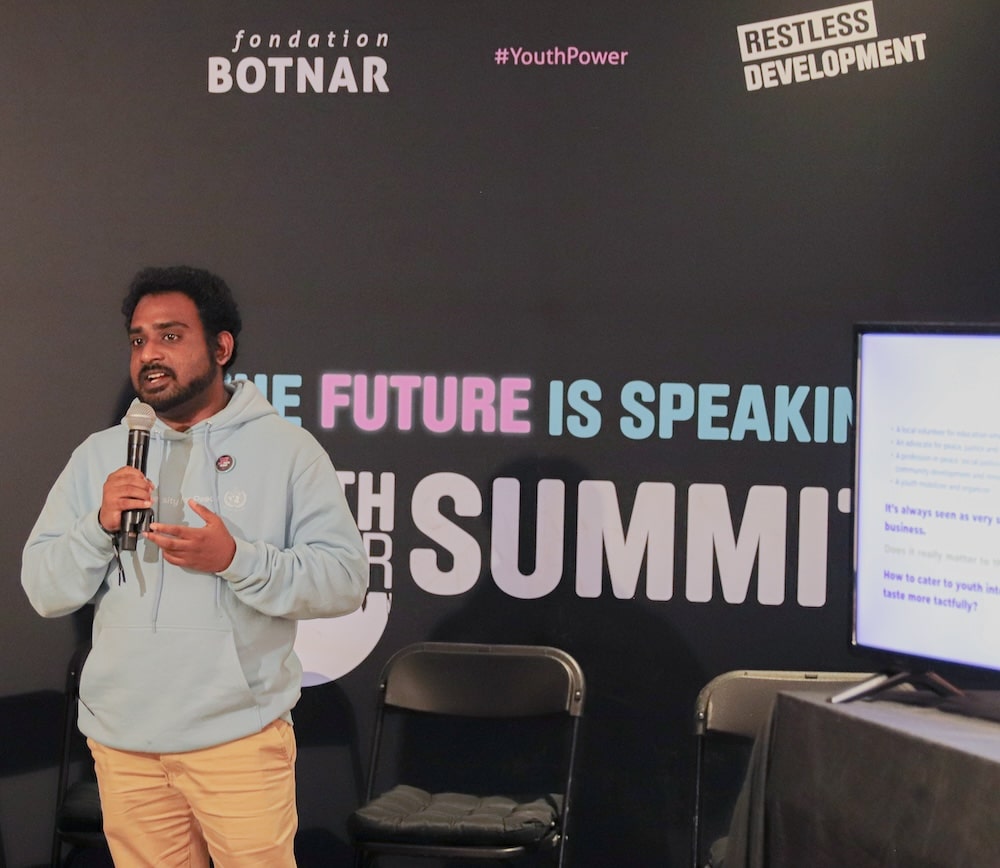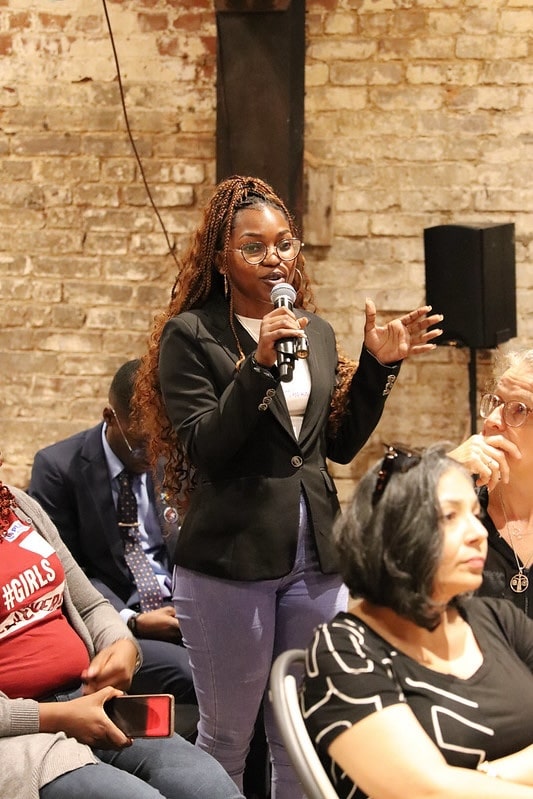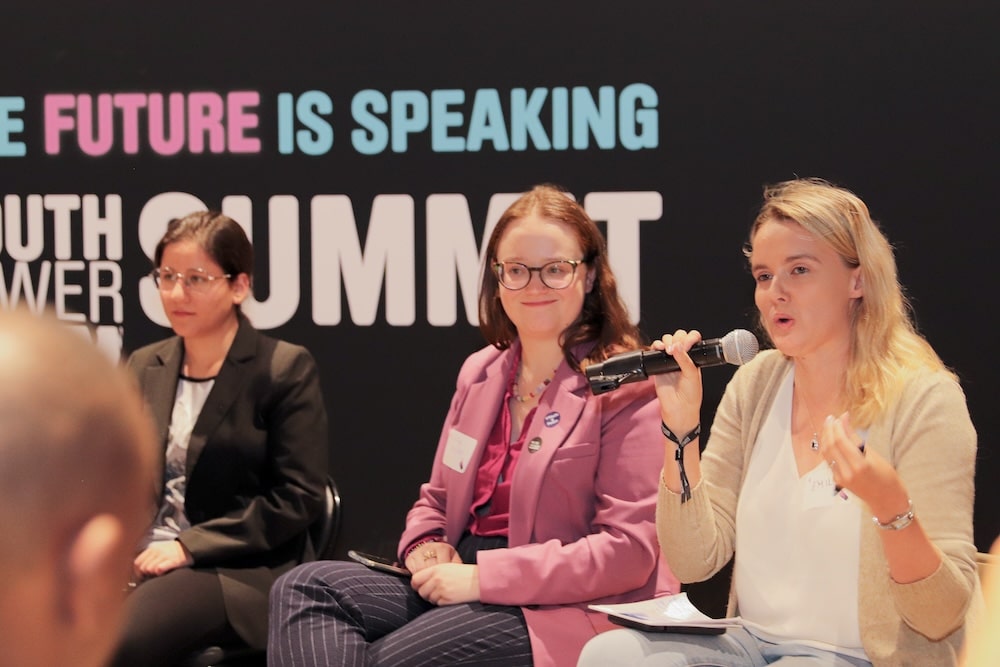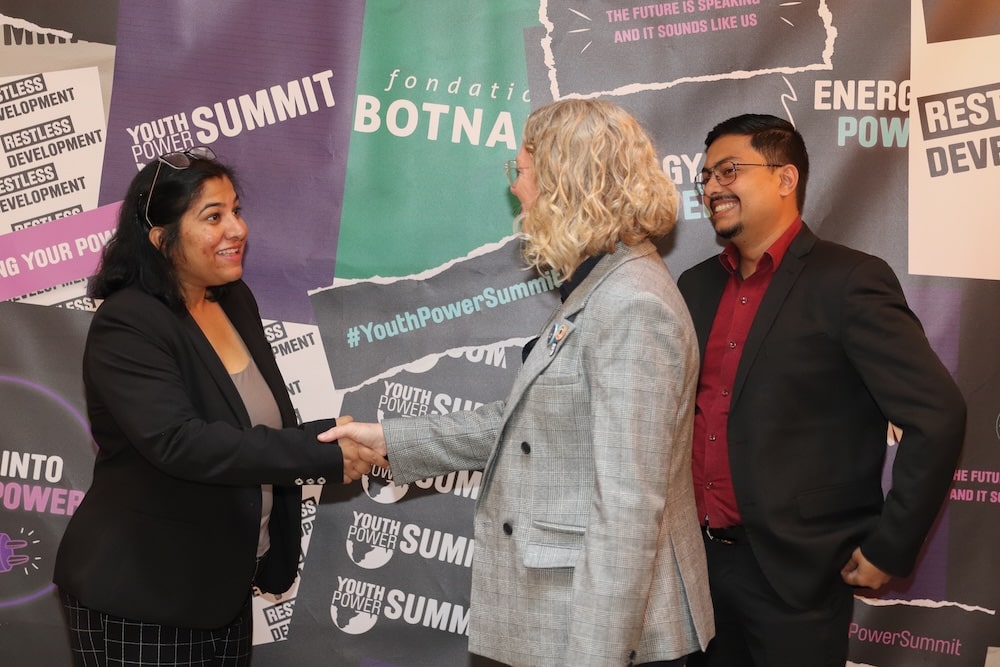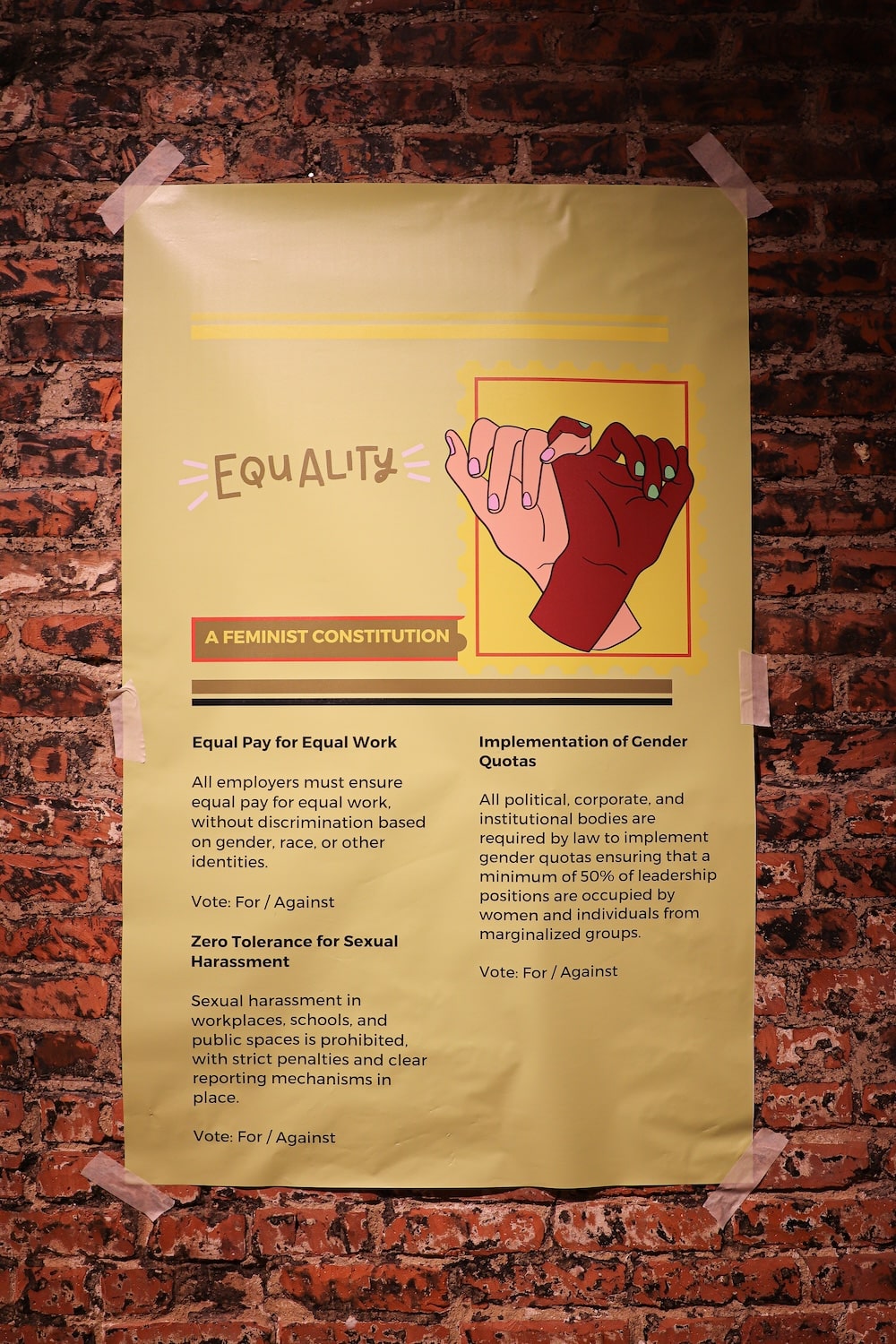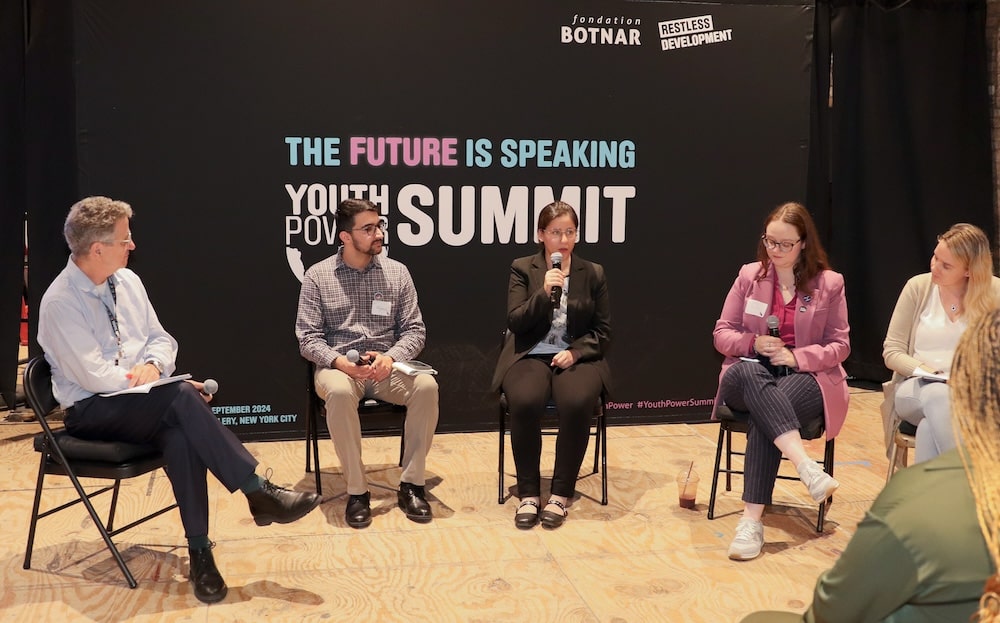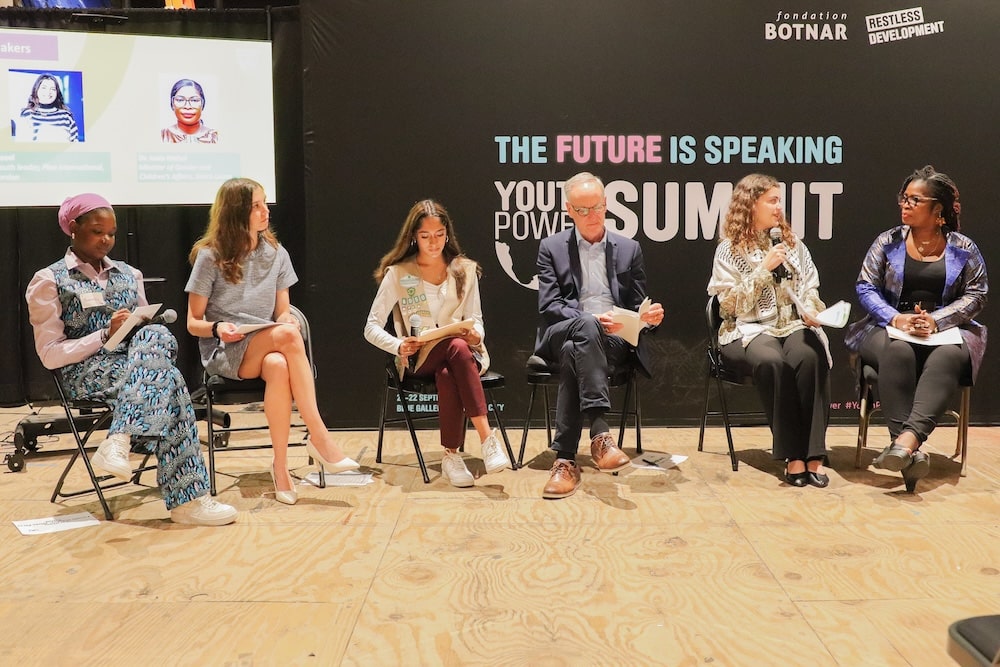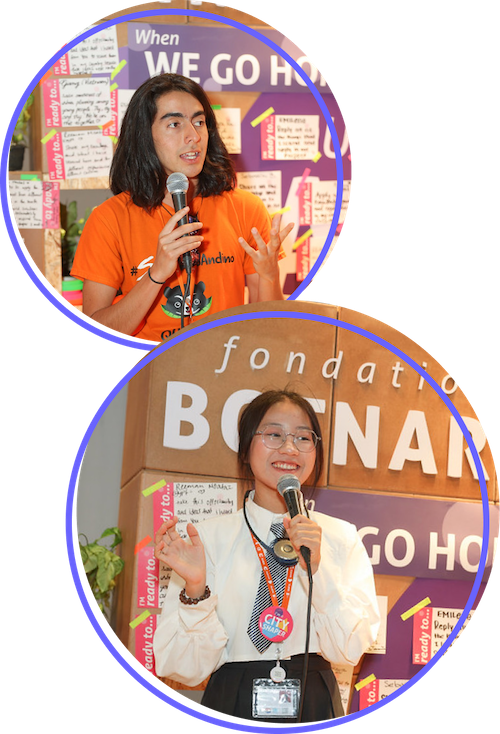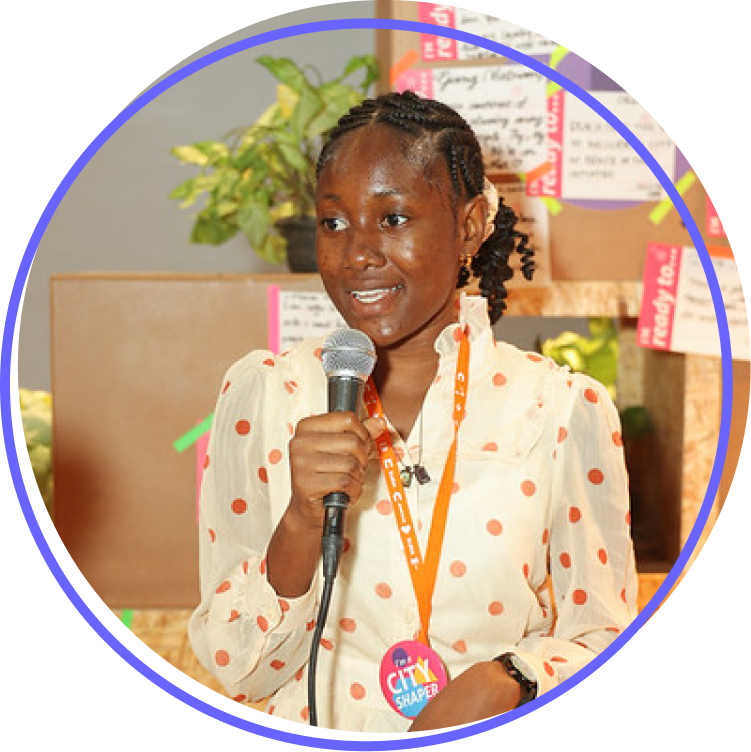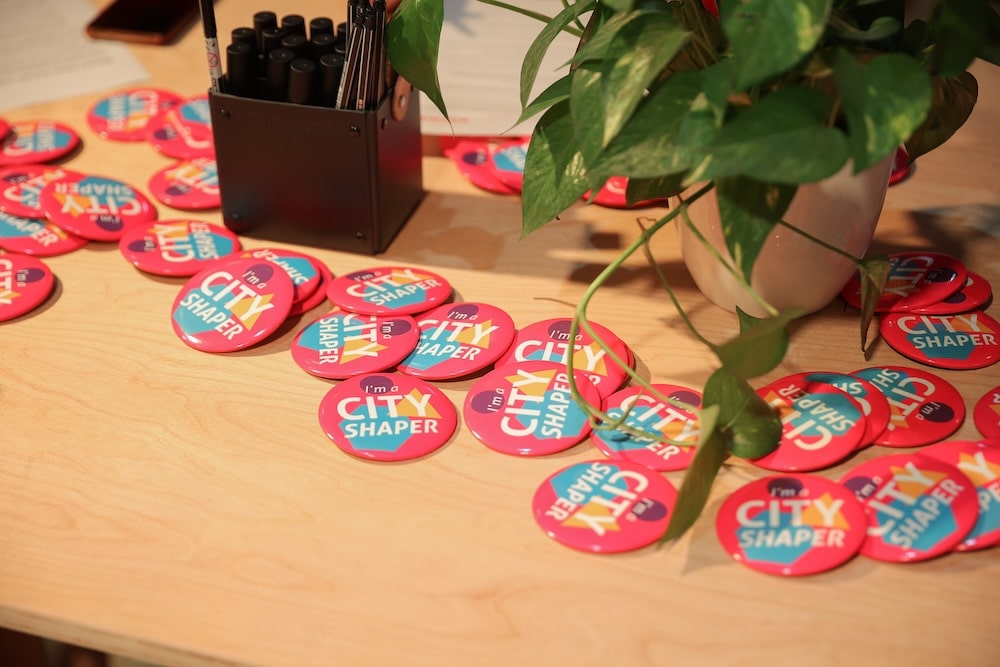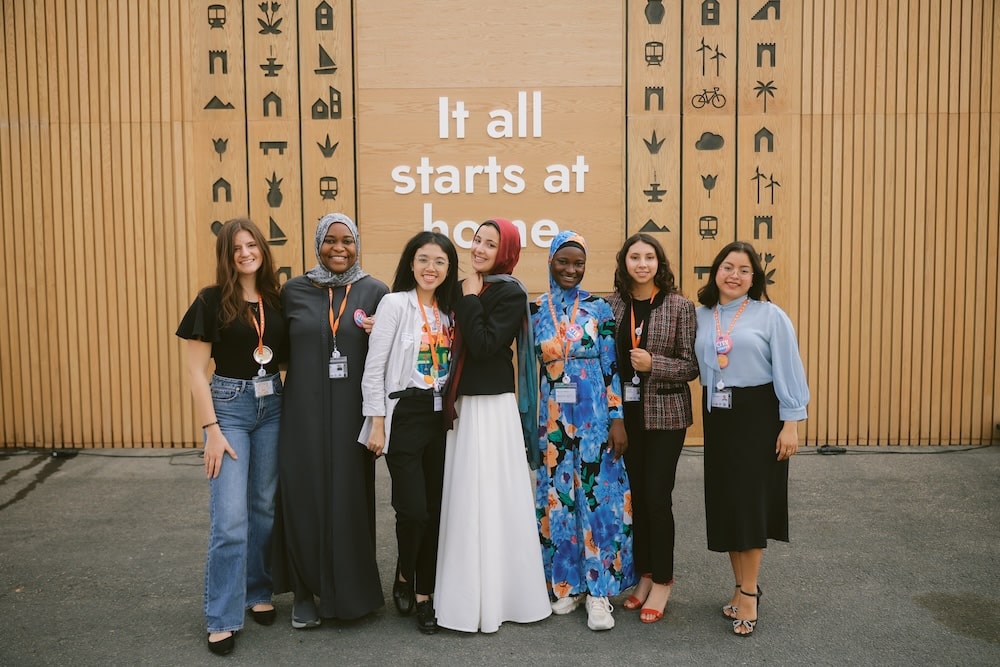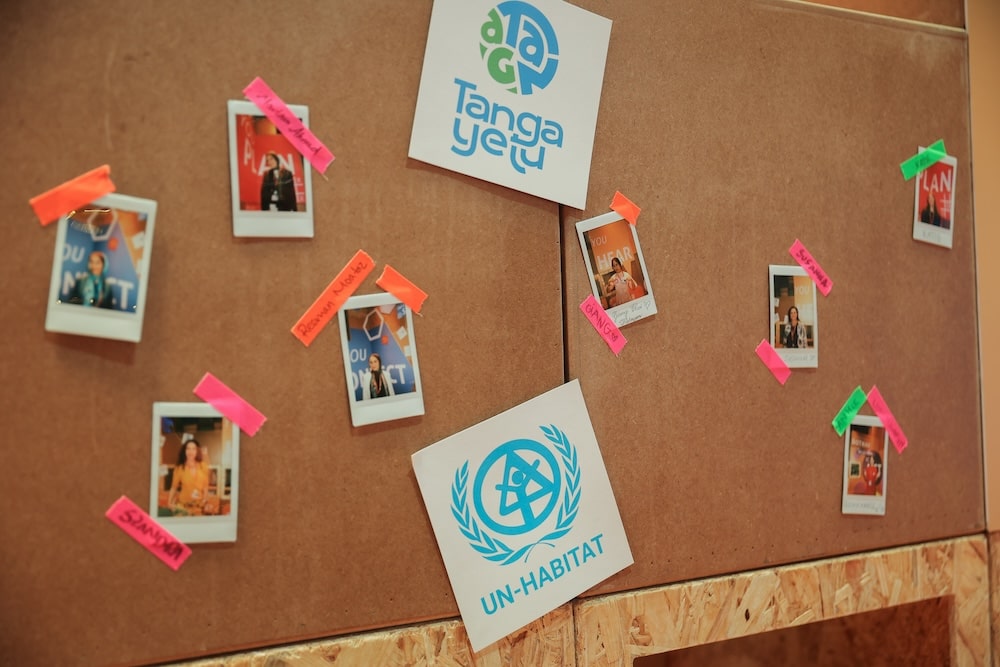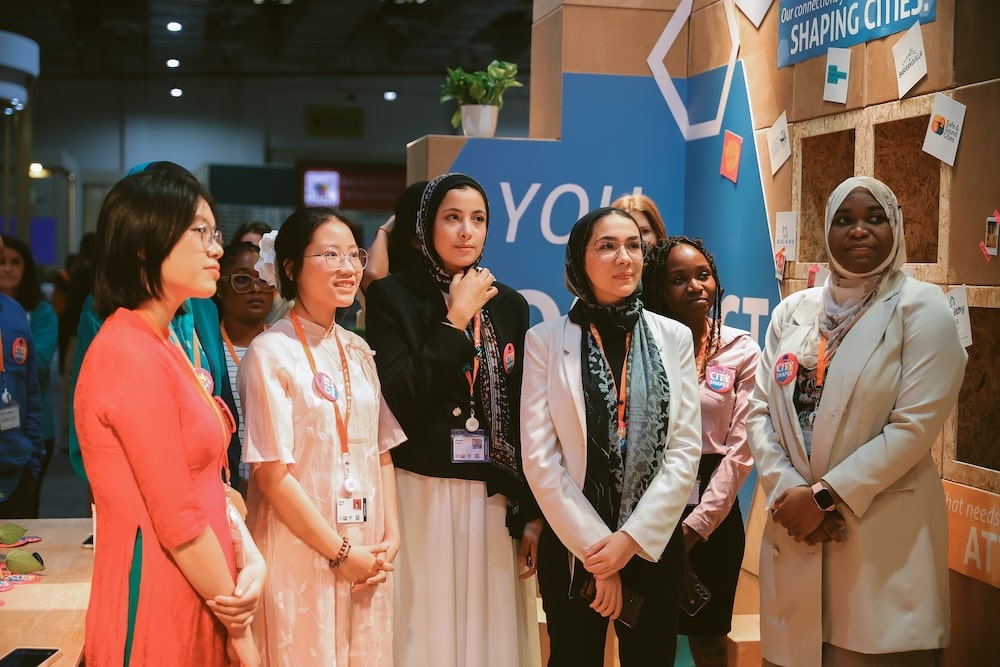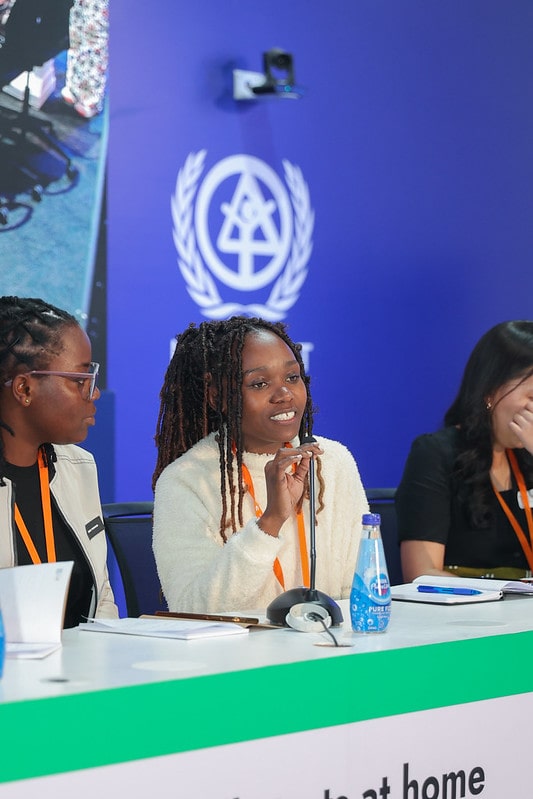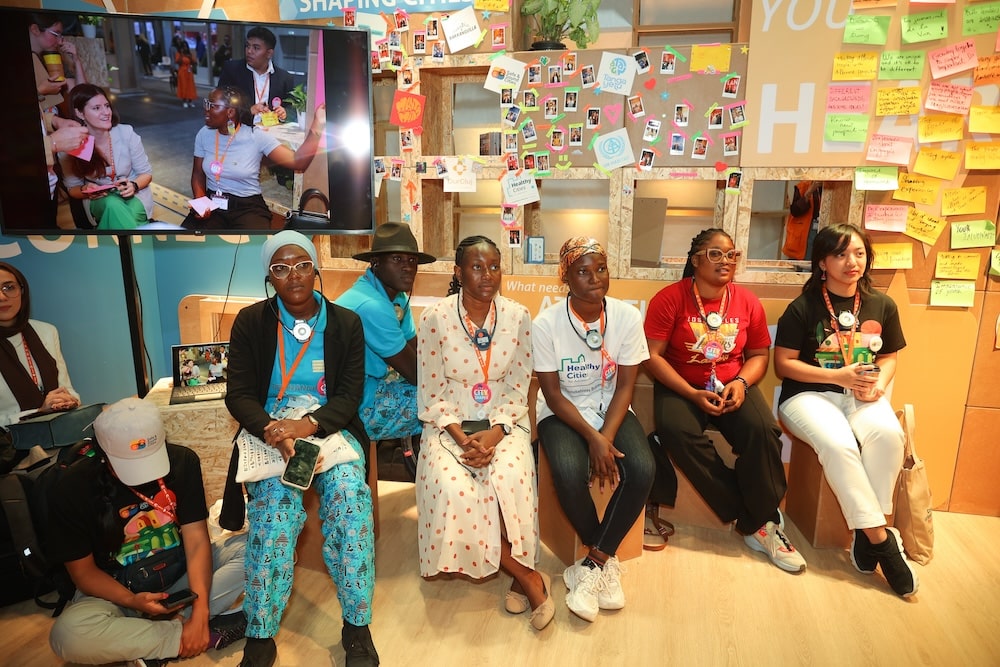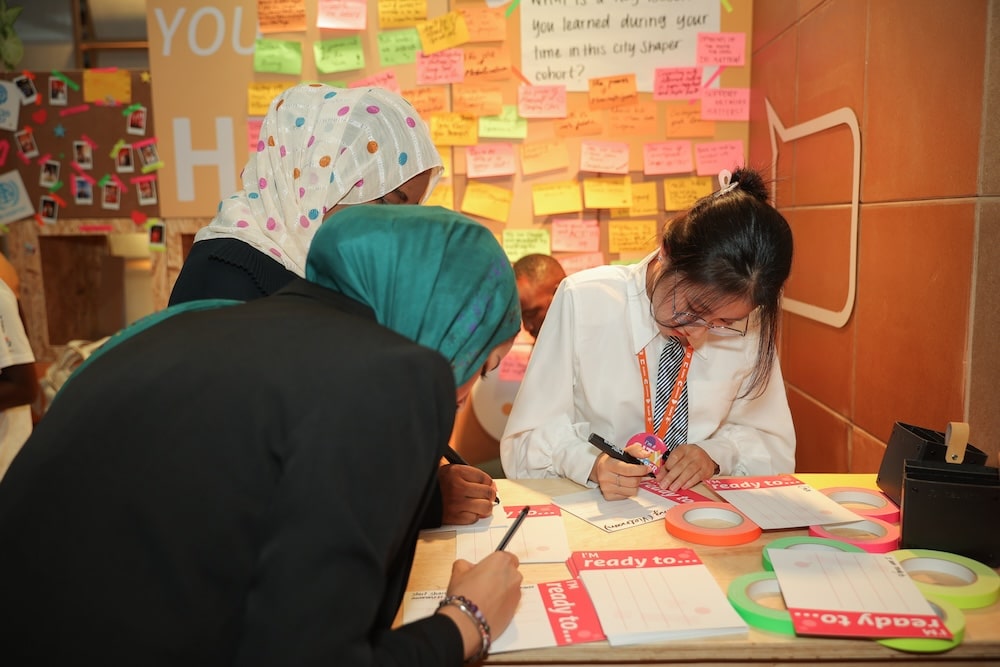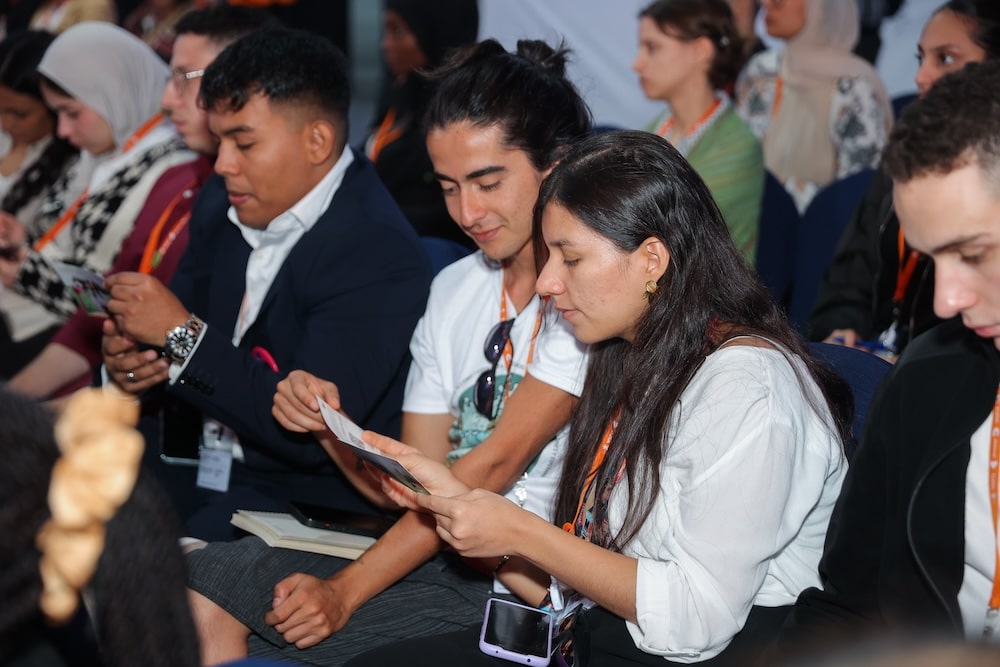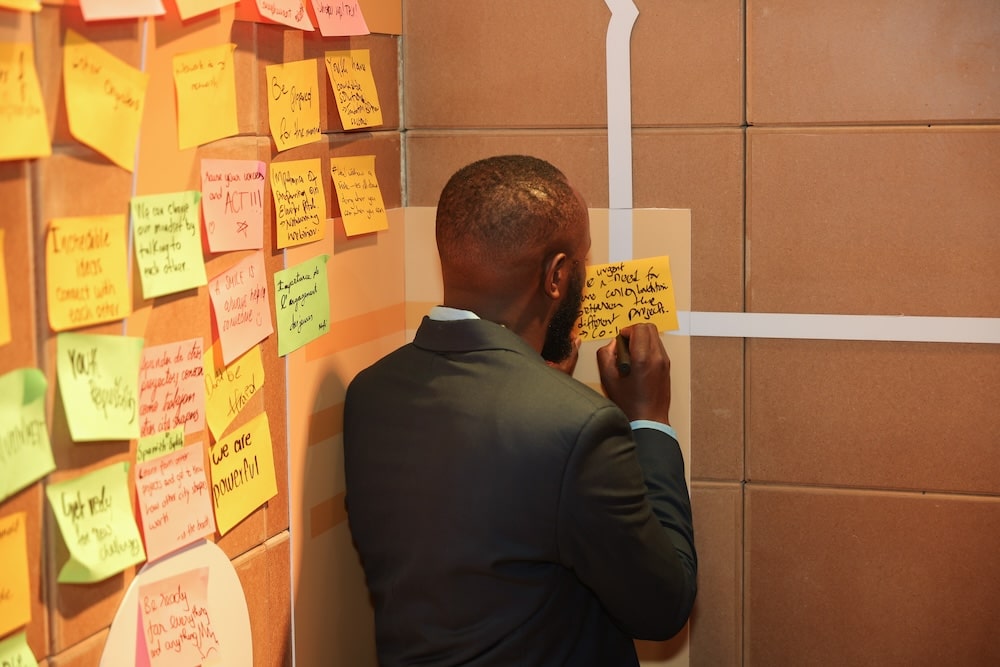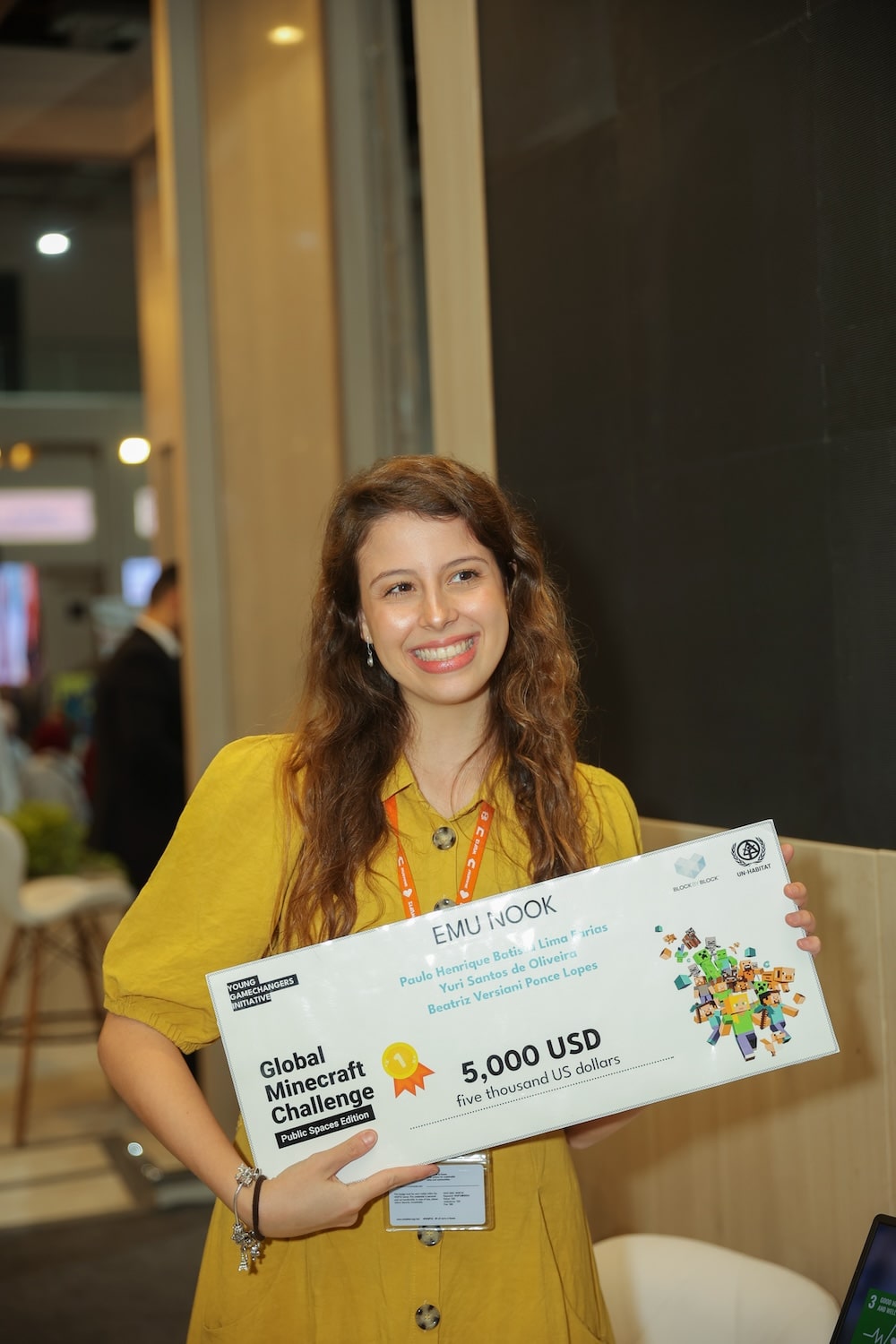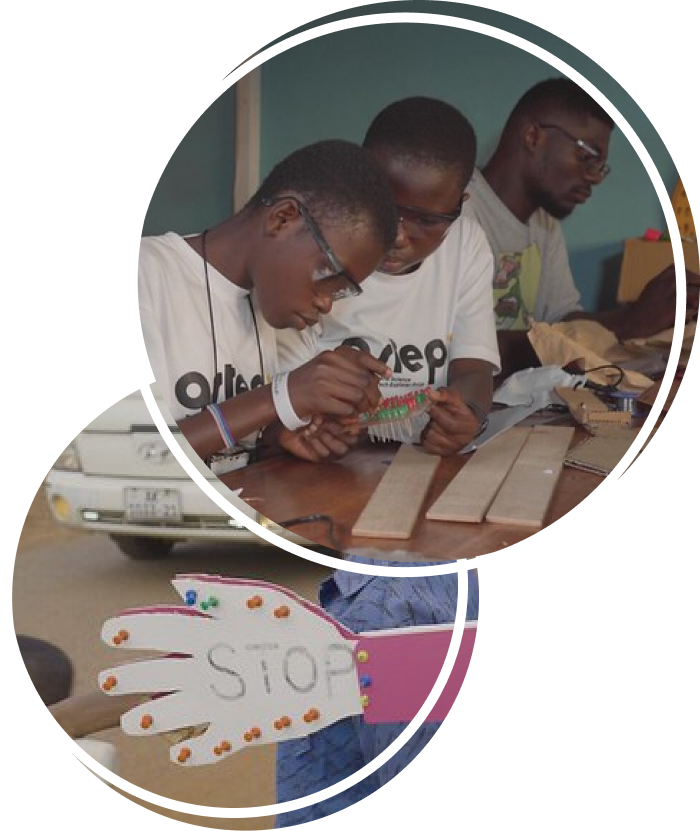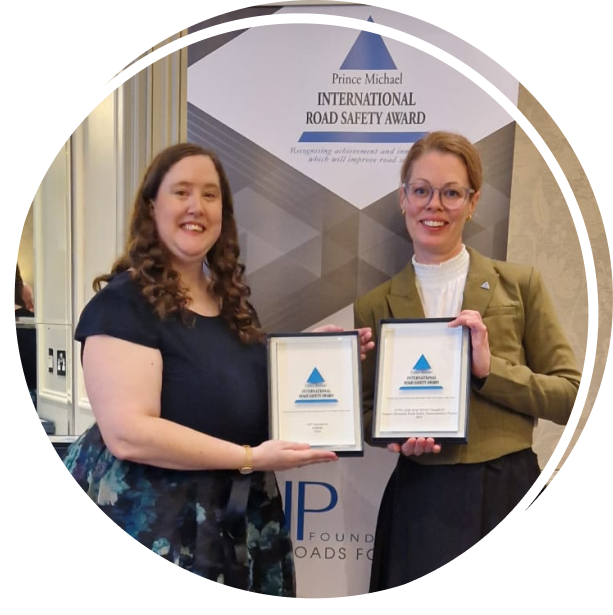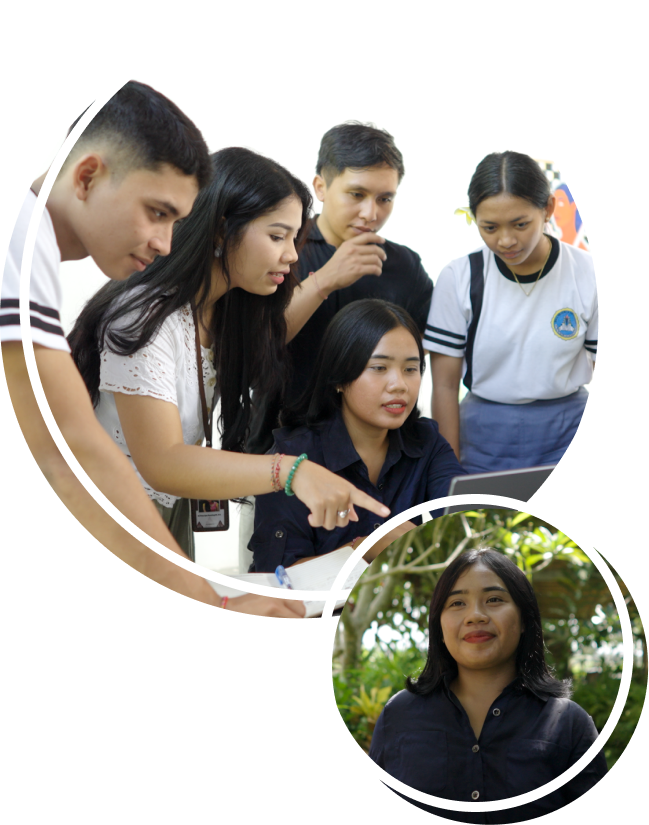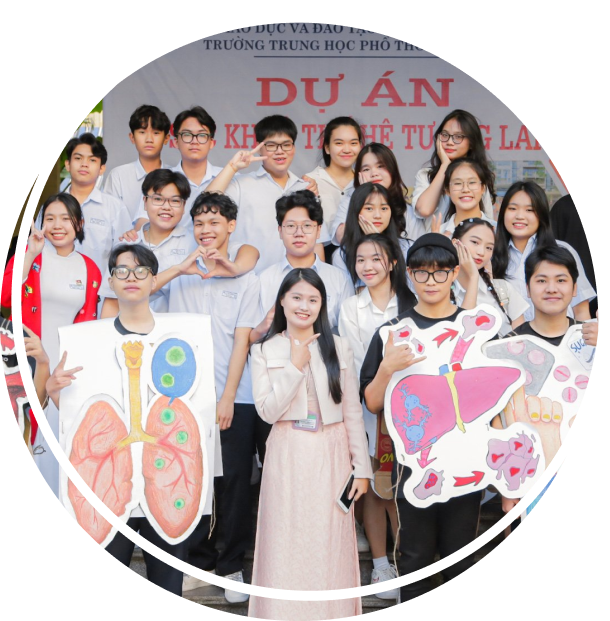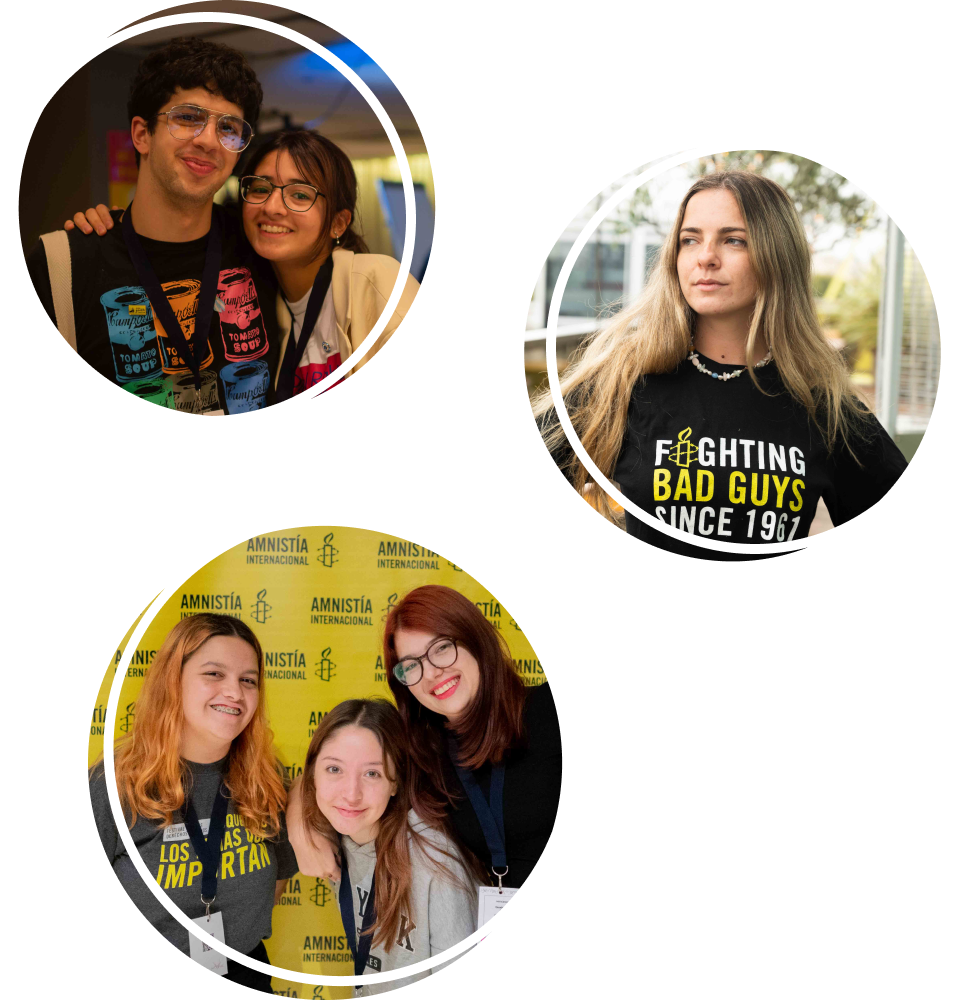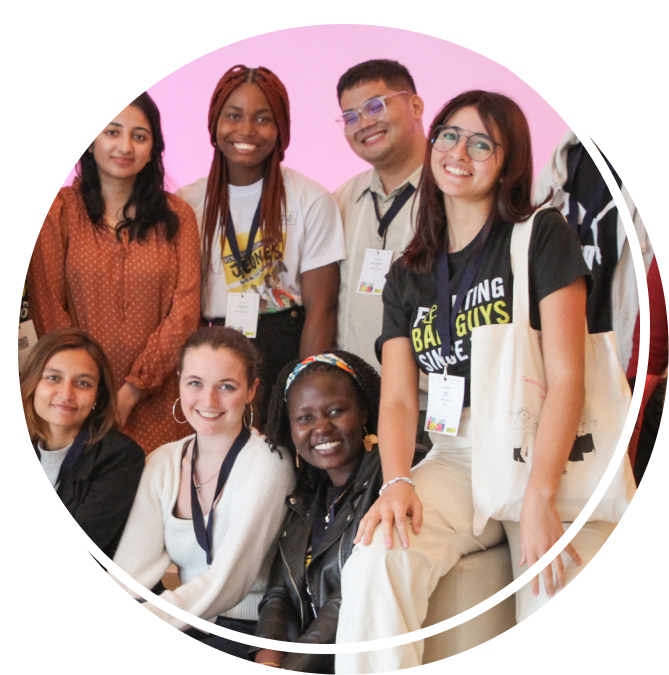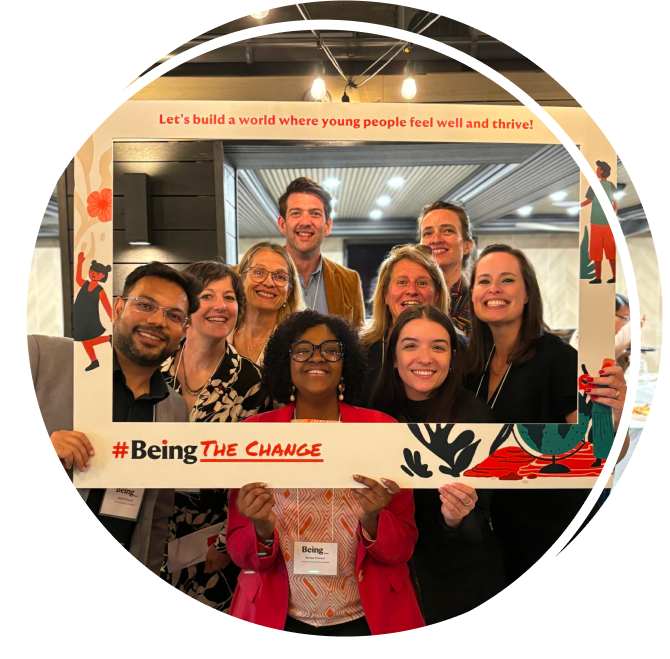Our world is home to the largest youth generation in history, with 1.9 billion young people aged 10 to 24. Yet, these young people are often sidelined from decisions that impact their future, and political systems still struggle to respond to their needs and aspirations.
During the United Nations Summit of the Future, held in New York in September, world leaders adopted a Pact for the Future, one of the first UN high-level statements to include a commitment to empower young people and integrate their perspectives in global decision-making. However, for more than 350 civil society organisations that signed an open letter earlier this year, the commitment to include marginalised voices doesn’t go far enough.
To seize the opportunity provided by the Summit of the Future, Fondation Botnar and Restless Development hosted the Youth Power Summit in New York. This unique, in-person event offered a space for young people to share their vision, solutions and demands, focusing on one question: how can they have a meaningful voice in shaping our global future?
Read more about the Youth Power Summit here.
Promises versus reality: Addressing gaps in the Pact for the Future
While promising, the Pact for the Future falls short in key areas, notably in reflecting young people’s priorities and holding world leaders accountable to their commitments. Despite earlier drafts calling for countries to take measures to ensure youth participation in peace and security decisions, the final agreement weakened these to “voluntary” measures, shifting youth involvement in decision-making from direct participation to mere “representation” and limiting government accountability. In contrast, the Youth Power Summit showcased young people’s many civic and political contributions, from leadership and advocacy to programme design and implementation.
Digital rights and mental health
In today’s digital world, young people are more connected than ever, yet increasingly vulnerable to digital harms. The Pact for the Future includes a Global Digital Compact (GDC) that urges digital tech companies to respect human rights and be accountable for preventing harms and abuses. Yet, it is unclear how the GDC will hold companies accountable for the harms caused by digital technologies. Additionally, despite growing concerns by experts, the GDC overlooks the youth mental health crisis linked to social media use and addiction. Meanwhile, Youth Power Summit participants stressed the need for human rights-based laws and policies to protect young people from online disinformation, abuse, exploitation and violence.
Expanding the adolescent wellbeing agenda
A large part of the UN Summit’s discussions on adolescent health and wellbeing centred on sexual and reproductive health, acknowledging recent setbacks in maternal health and reproductive rights. While this is undoubtedly a pressing issue, young people’s wellbeing is multifaceted. The Youth Power Summit reflected this broader agenda, including inclusive education, mental and emotional health, democracy and political governance, digital rights and safety, and LGBTQI+ rights. Expanding the scope of youth issues in global forums is crucial to addressing the diverse and complex realities young people face today.
A call to action for world leaders
Fondation Botnar believes in young people’s power to drive change and recognises them as rights-holders. Through initiatives like RIGHTS Click and Young Experts: Tech 4 Health, we work to ensure meaningful youth participation in the digital realm, calling on policymakers and tech companies to uphold and be accountable for young people’s rights and wellbeing online.
The Youth Power Summit demonstrated that young people are more than just users or beneficiaries of policies and services. They are fully capable of leading on the issues that affect them. It’s time for world leaders to recognise young people as equal partners and involve them in building a modern and responsive governance system.
